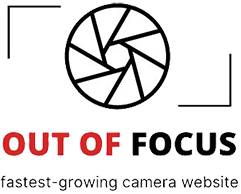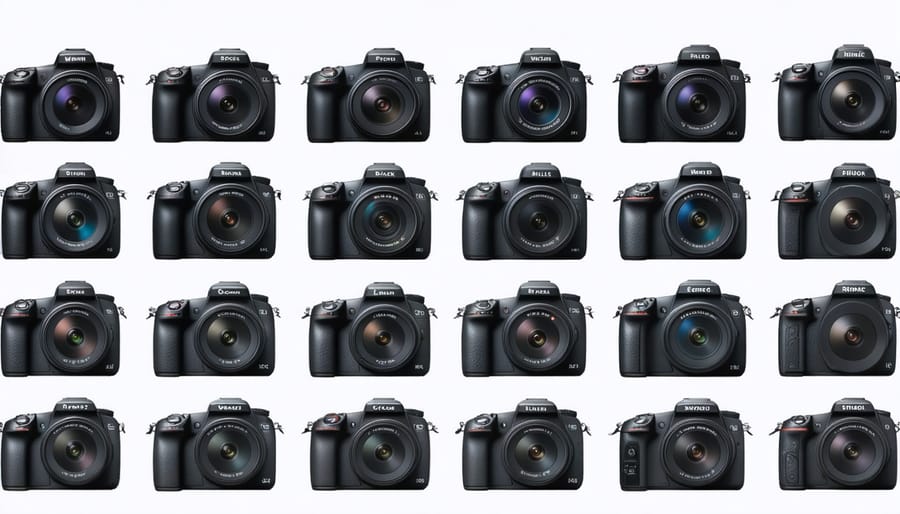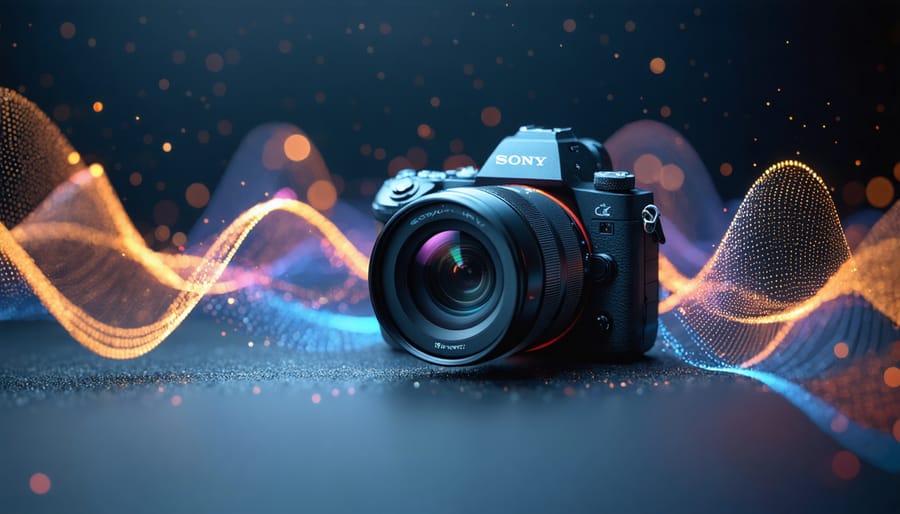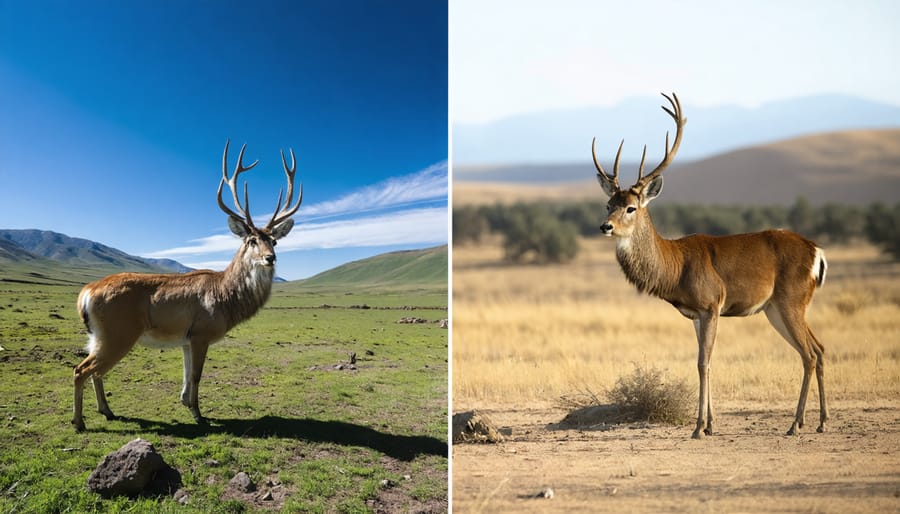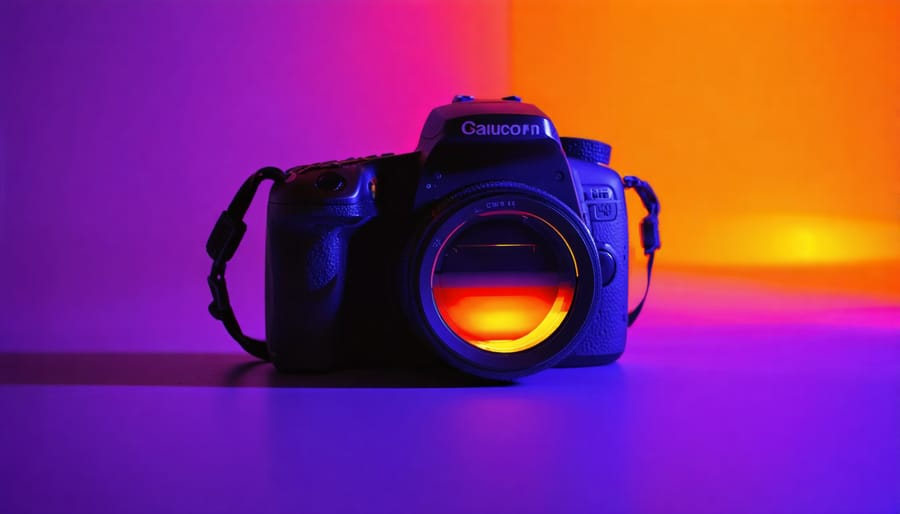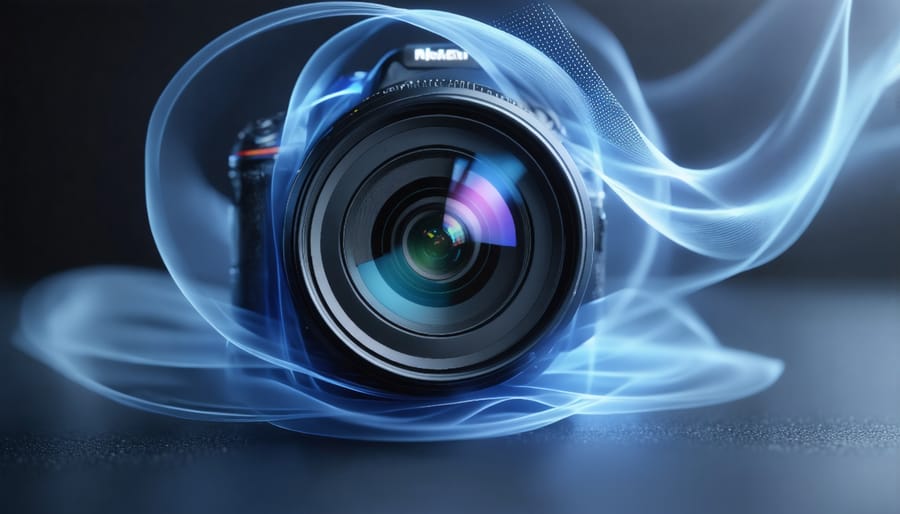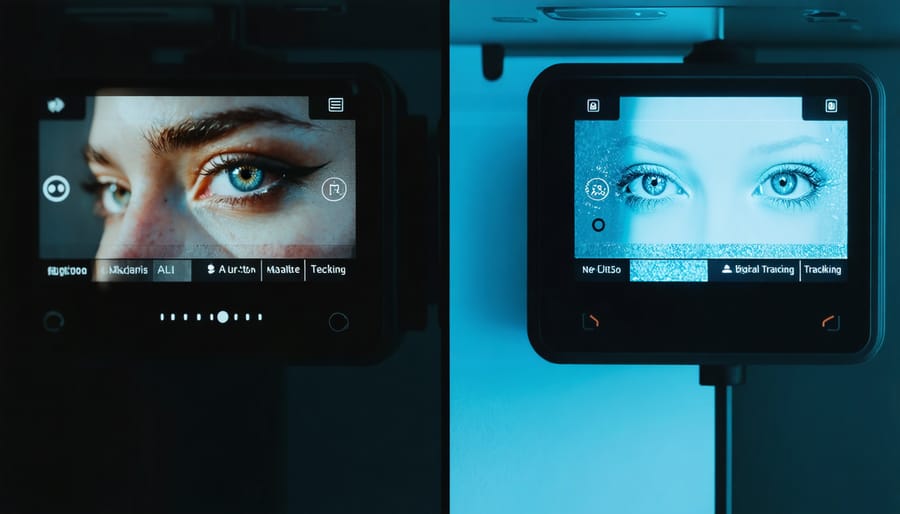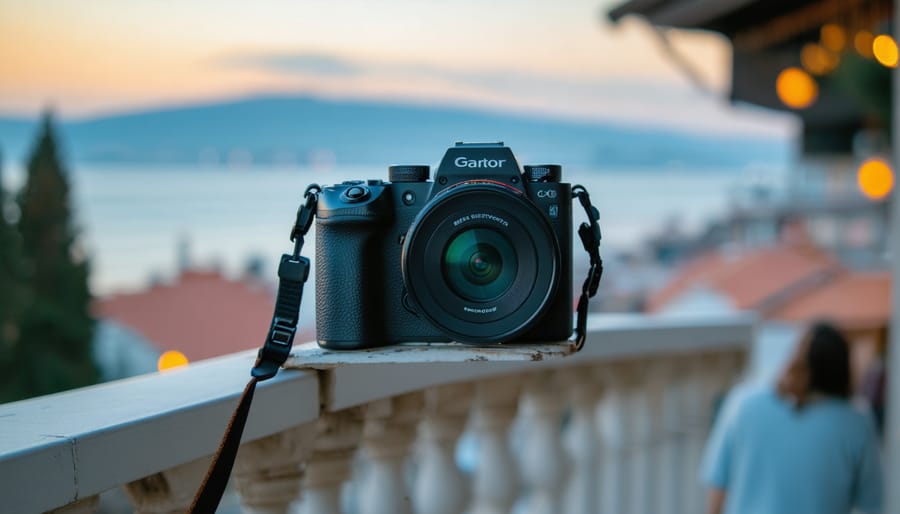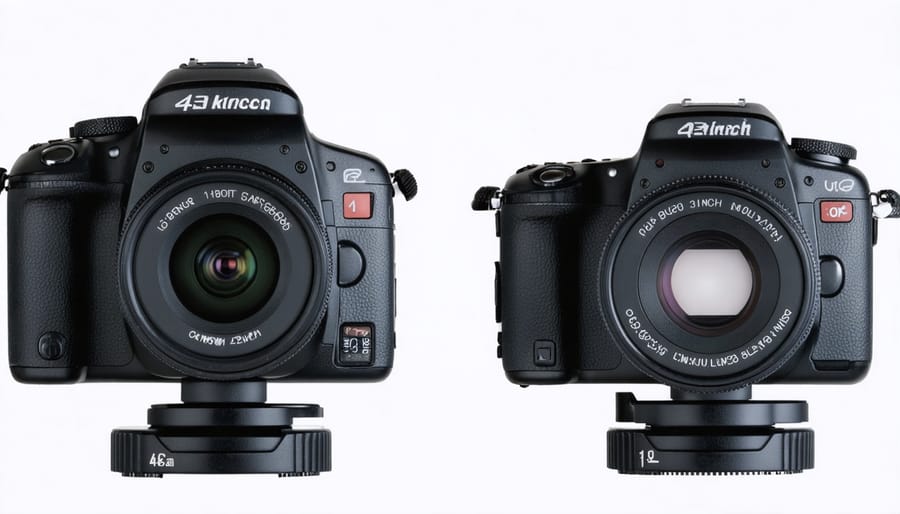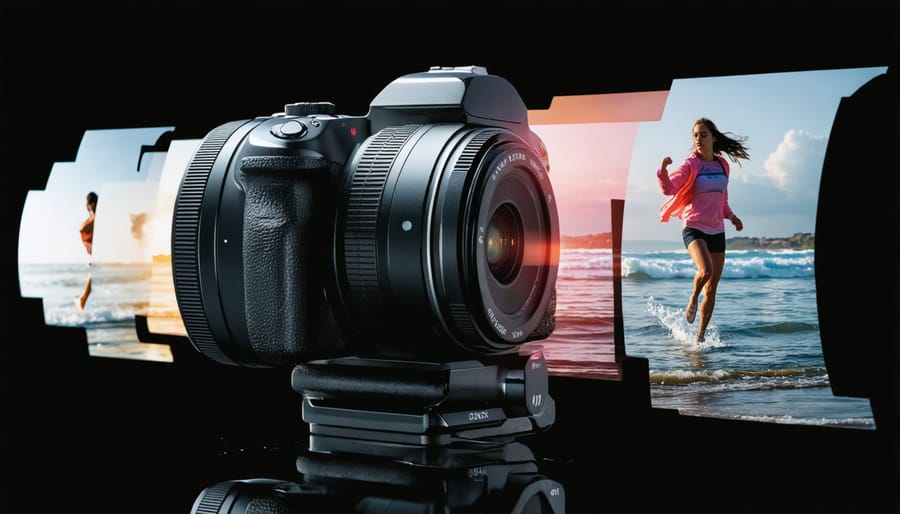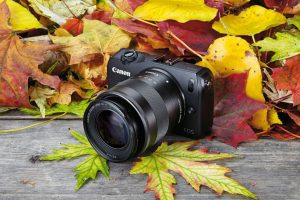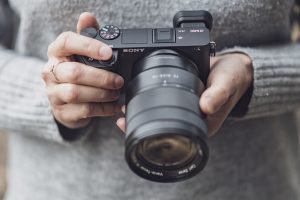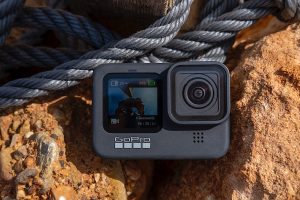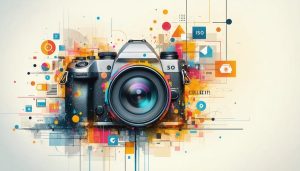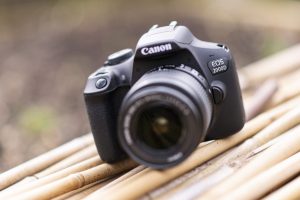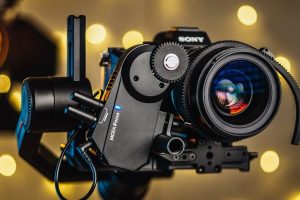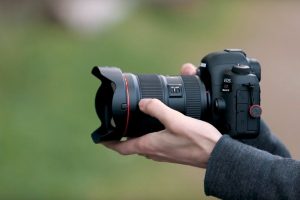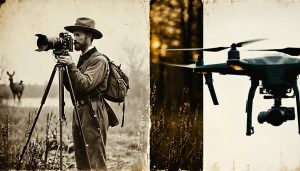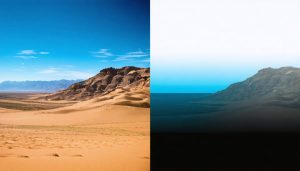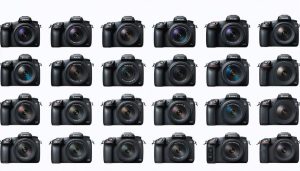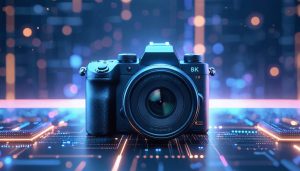In the ever-evolving world of digital photography, understanding image quality differences between cameras goes far beyond mere megapixel counts. Compare cameras under identical shooting conditions, capturing the same scene with matched settings to reveal true performance variations. Test across multiple lighting scenarios – from bright daylight to challenging low-light environments – where sensor size fundamentals and processing capabilities become most apparent. Examine real-world details like color accuracy, dynamic …
Sony’s AI Autofocus Makes Your Missed Shots History
Sony’s groundbreaking AI camera autofocus system has fundamentally transformed how photographers capture decisive moments. By harnessing deep learning algorithms trained on millions of images, this technology can now detect, track, and predict subject movement with uncanny precision – whether you’re shooting fast-moving wildlife or capturing subtle expressions during portrait sessions.
The system’s real-time tracking capabilities process data from 693 phase-detection points at up to …
1-Inch vs Full Frame Sensors: Which Actually Delivers Better Lens Performance?
Understanding the difference between camera sensor sizes fundamentally shapes your photographic journey, and the choice between 1-inch and full-frame sensors represents one of modern photography’s most significant decision points. Full-frame sensors deliver unmatched low-light performance and superior depth-of-field control, capturing 4x more light than their 1-inch counterparts. However, 1-inch sensors offer compelling advantages in portability, cost-effectiveness, and extended reach for telephoto work, making them ideal for…
Why Your Camera Overheats (And How Heat Sensors Keep It Cool)
Imagine a camera that sees what your eyes can’t – the invisible world of heat signatures and thermal radiation. Modern thermal imaging cameras have revolutionized how we observe and interact with our environment, from detecting energy leaks in buildings to finding wildlife in complete darkness. But these powerful tools aren’t just about capturing infrared energy; they’re sophisticated devices that transform heat signatures into detailed visual information we can analyze and understand.
Heat sensor cameras, also known as thermal imaging cameras, operate on a fascinating principle: every object with a …
Dynamic Vision Sensors: How Advanced Lenses Are Revolutionizing Camera Technology
Dynamic vision sensors (DVS) are revolutionizing how we capture motion, operating fundamentally differently from traditional cameras by detecting only changes in brightness at the pixel level. Unlike conventional sensors that capture complete frames at fixed intervals, these bio-inspired devices respond to luminance changes with microsecond precision, generating sparse, event-based data that mirrors how our human retinas process visual information.
This breakthrough in sensing technology addresses the limitations of traditional cameras, particularly in high-speed and high-dynamic-range scenarios. When a conventional camera might …
AI-Powered USB Cameras Are Revolutionizing Autofocus (Here’s How)
Transform your photography and video conferencing capabilities with AI camera autofocus technology in modern USB cameras. These intelligent imaging devices have revolutionized how we capture sharp, professional-quality content across multiple applications, from remote meetings to content creation. By combining advanced optics with intelligent focusing algorithms, autofocus USB cameras deliver consistently crisp images while adapting to changing lighting conditions and subject movement in real-time. Whether you…
3D Quantum Dot Sensors Are Revolutionizing Camera Technology
3D camera sensors are revolutionizing how we capture and interpret the world around us, pushing the boundaries of traditional photography into dimensions previously unexplored. These sophisticated devices combine advanced depth-sensing technology with precise image capture capabilities to create immersive, three-dimensional representations of scenes and objects.
At the heart of modern 3D imaging lies an intricate dance between light, sensors, and computational power. Unlike conventional cameras that capture flat, two-dimensional images, 3D camera sensors employ multiple techniques – from structured light patterns to time-of-…
Big Sensor Compact Cameras: How They’re Changing the Photography Game
Big sensor compact cameras represent a revolutionary sweet spot in photography, combining the portability of a pocket-sized camera with the exceptional image quality traditionally reserved for larger interchangeable lens systems. The magic lies in their sensor size, which often matches or exceeds that of mainstream mirrorless cameras, enabling superior low-light performance and that coveted professional-looking background blur. For photographers seeking the perfect balance between convenience and image quality, these cameras offer …
4/3 vs 1-inch Sensors: Real Image Quality Differences That Matter
The battle between 4/3 and 1-inch camera sensor sizes fundamentally shapes your photography’s look, capability, and creative potential. Understanding this crucial difference unlocks your ability to choose the right camera system for your needs. While 4/3 sensors capture approximately 70% more light than their 1-inch counterparts, delivering superior low-light performance and smoother tonal transitions, they also demand larger, heavier lenses and typically command higher prices. This size difference translates into real-world …
AI Camera Autofocus: How Modern Sensors Are Revolutionizing Photography
Auto focus sensors represent one of the most significant advances in modern camera sensor technology, transforming the way we capture perfect moments in a fraction of a second. Working silently behind the scenes, these sophisticated arrays of sensors continuously analyze light patterns, contrast differences, and subject movement to deliver razor-sharp images even in challenging conditions. Whether you’re tracking a bird in flight or capturing a bride’s first dance, today’s AF systems combine phase-detection and …
